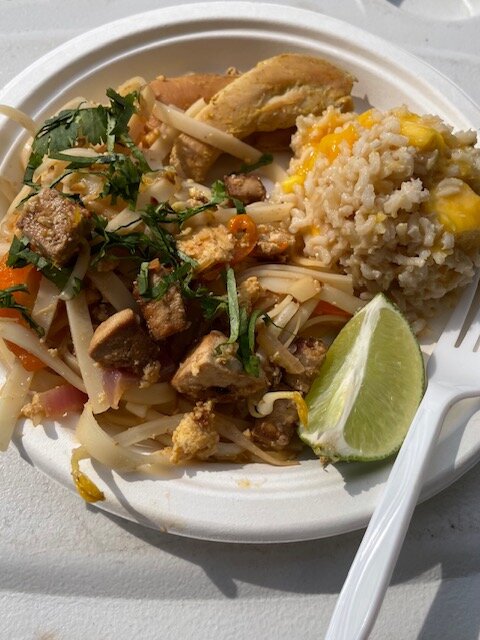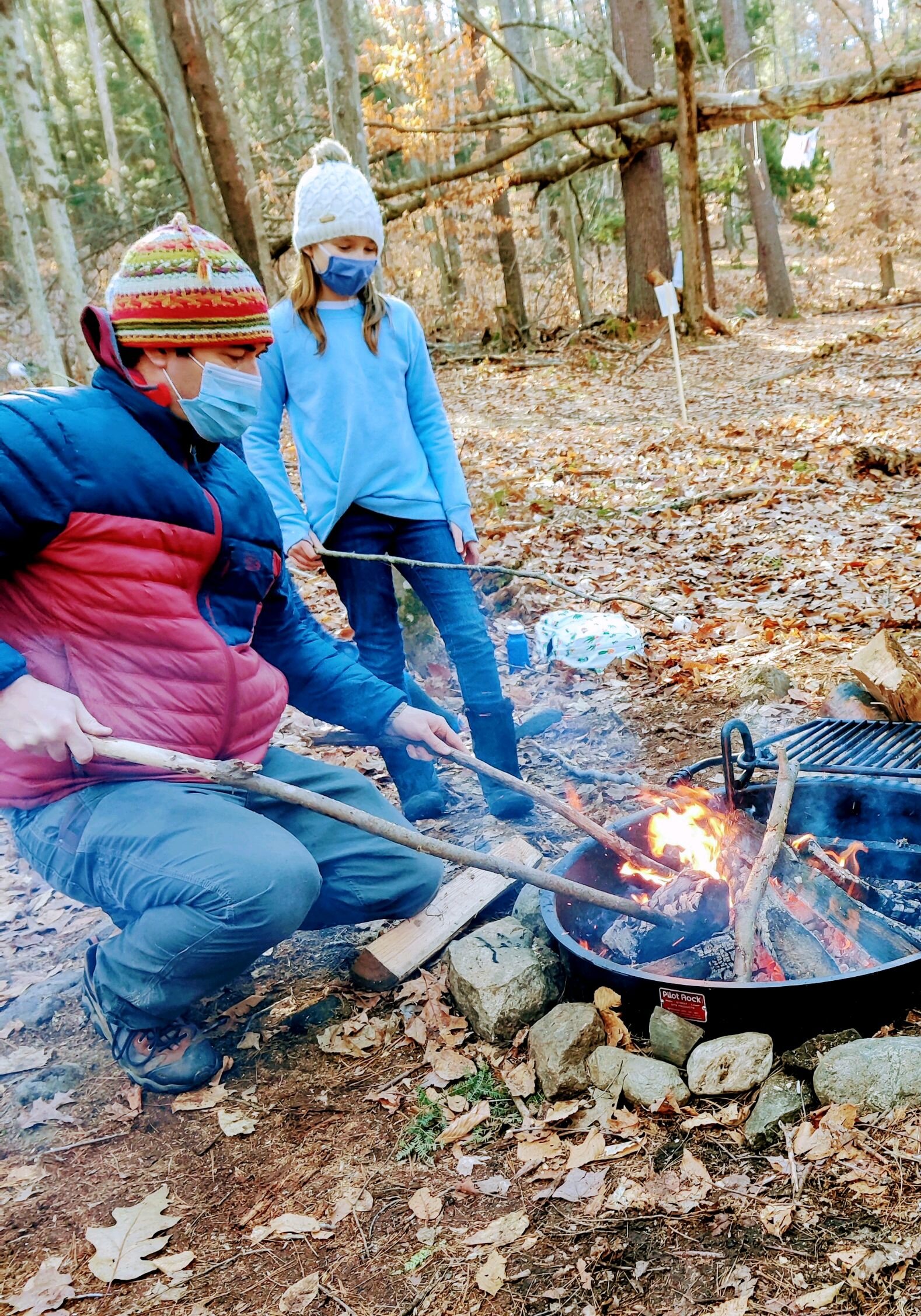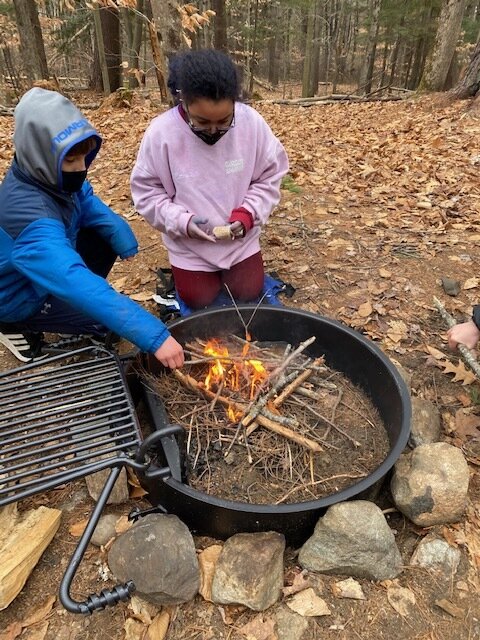In the Southern Connecticut Valley Region, 1 in 7 children lives in a food insecure household. For these children, in particular, school meals are an important resource during the week. While many qualify for free or reduced meals at school, families don’t always take advantage of this program. Despite the hard work that had been done by schools and the community organizations that support them, schools still face the challenge of overcoming stigma when it comes to reduced-price meals. For this reason, a number of local schools now offer Universal Free School Meals, a federally funded provision that allows schools to offer meals at no cost to families. This program helps schools to maximize funds, reduce paperwork, improve nutrition and ultimately, eliminate stigma. Participating schools in the Connecticut River Valley include Academy School, Oak Grove School, Green Street School, Brattleboro Union High School (BUHS), Brattleboro Area Middle School, NewBrook Elementary School, Charlestown Primary School, and Winchester Public Schools.
Nationwide, school meal participation hovers between 50 and 60 percent. At schools where meals are offered free to all students, participation generally increases. One such example is Oak Grove School in Brattleboro—73% of students participate in school lunch. According to Hunger Free Vermont,
“Universal Free School Meals is a model that allows all students to eat school meals for free. This allows the school to build the meal program into the overall curriculum, creating a learning lab for healthy eating and a mealtime experience where every kid is equal and enjoys their meals together. Studies show that universal free school meal programs increase participation, leading to better student health and learning AND a strong school meals business. When participation is up, school meal programs have more resources to invest in even higher quality food, including local many local foods. Universal free school meals models are good for students, good for schools, and good for Vermont's local economy.”
Universal School Meals is a smart idea for a number of reasons. First, it allows food service professionals to get back to the most important part of their job—cooking! Universal Meals programming helps get cooks back in the kitchen by significantly reducing the amount of paperwork a school meal program must submit to the federal government each month. Second, Universal Meals reduces stigma by taking away the categories of free, reduced, and full-pay students—reducing student hunger and improving student nutrition. Lastly, a well-run Universal Meals program will eventually result in more stable program finances for that school, which in turn allows food service professionals to source better ingredients, including locally grown and made products. In fact, the Brattleboro Town School District was able to purchase more than $10,000 worth of local food from Food Connects Food Hub last school year. This included products like yogurt, apples, berries, granola, potatoes, and other vegetables.
Universal Meals has been very successful at all of the aforementioned schools. Steve Perrin, principal at Brattleboro Union High School, confirms that Universal Meals had been an improvement to their meal program as well. He says, “In the time we've implemented Universal Meals at BUHS, we've seen a significant increase in the number of meals served, both for breakfast and lunch. The overall response from families has been very supportive and we've had several parents thank us for taking this step. I'm grateful that our school board and central office staff see this as a priority. It is a simple fact that if we're hungry, we can't learn as well. This program directly benefits our students who have food insecurity.”
Food insecurity impacts students year-round, not just during the school year. All families should know that there are a variety of food and meal resources available when school is not in session, including community meals, food shelves, and fresh food drops. Visit vermont211.org or www.211nh.org for more information on food resources in Vermont. Many of these resources are available year-round and some have specific eligibility requirements.














